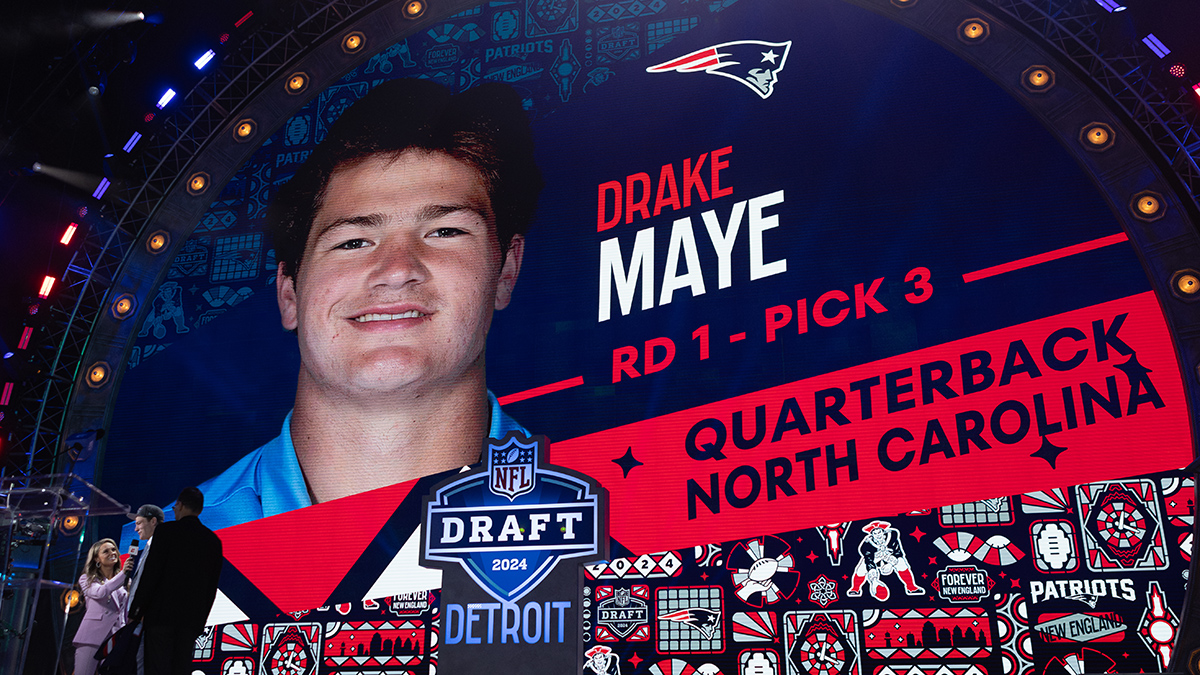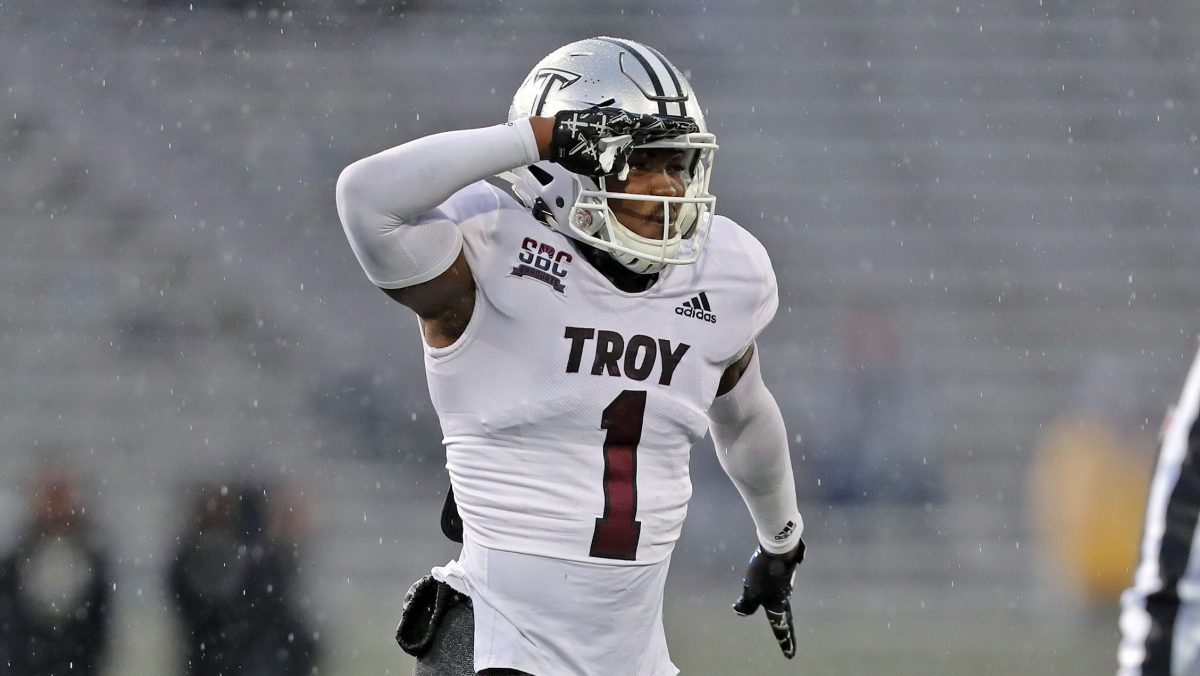FOXBORO -- In Kansas City, will the best defense for the Patriots be a good offense? Put another way, can the Patriots give themselves a better chance to win by winning the time of possession battle?
Sure. But how much would their chances improve if they can hold the ball longer than the Chiefs? Less than you think.
Winning the time of possession battle doesn't necessarily correlate all that well to wins and losses in the NFL. Yes, Baltimore (first), New Orleans (third), New England (fourth), and San Francisco (fifth) were all good teams that rated highly in terms of average time of possession in 2019. But the eventual Super Bowl champion Chiefs came in at 19th. The bottom-feeding Jaguars were 11th. Tennessee rolled to the AFC title game yet were 27th in time of possession. The seven-win Bucs were ninth.
Stay in the game with the latest updates on your beloved Boston sports teams! Sign up here for our All Access Daily newsletter.
Curran's Week 4 NFL Power Rankings
Clearly, there are other factors at play that are better statistical indicators of which team will win and which will lose. If you win the turnover battle, for instance, or if you have the more explosive offensive team, or if you're more efficient in the red zone, or if you're better on third down . . . your odds of winning are good. Time of possession matters less if you're kicking field goals while your opponent is scoring long touchdowns on blink-and-you-missed-it drives.
What sometimes gets lost in the time-of-possession discussion in football is that -- unless there's a special teams turnover, and depending on who finishes a half with the football -- teams typically have an equal number of possessions no matter how the time of possession breaks down. So no matter how many plays one team runs, no matter how much time comes off the clock, both teams have an equal number of chances to score points.
Take the AFC title game in 2018 as an example. The Patriots dominated the time of possession battle 43:59 to 20:53. Still, both teams had 10 drives in regulation. The game went to overtime.
New England Patriots
When the Chiefs took on the Chargers in a divisional matchup in Week 2 this season, Los Angeles out-possessed Kansas City by about 11 minutes. The game went to overtime.
Does that mean the time of possession battle is meaningless? Not at all.
Patriots Talk Podcast: How the heck can the Patriots match Mahomes' supercharged Chiefs? | Listen & subscribe | Watch on YouTube
For a team that is as offensively potent as the Chiefs, more possessions is going to mean more points. Quicker drives for either team is going to yield more possessions. And so if you're playing the Chiefs, going three-and-out with regularity isn't going to end well for you. In that sense, grinding out the clock, limiting the number of overall possessions against an offense that is better than you, isn't a bad strategy.
Still, it's hard to make that strategy a game-changer. Again, take the AFC title game in 2019 as an example. Remove the New England overtime drive, and the Patriots still out-possessed the Chiefs by almost 20 minutes. The Chiefs had 10 true (non-kneeldown) regulation drives. Their regular-season average drives per game in 2018 and 2019: 9.99. Even after getting doubled-up on time of possession, then, the Chiefs had an average number of opportunities to score points, and they scored 31.
The Patriots won the time-of-possession battle that night. Decisively. But they turned it over twice and the Chiefs didn't. One of those turnovers occurred in the red zone. The Chiefs offense, meanwhile, was three-for-three scoring touchdowns inside the 20.
Mahomes praises Newton as 'great fotball player'
Melting the clock whenever possible, limiting the number of possessions for both teams, avoiding a shootout -- they're not bad strategies against an offense as explosive as Kansas City's. But better to focus on offensive efficiency than gauging your odds of success with a reading on a stopwatch.
Bill Belichick said as much this week. (His coaching pal Chip Kelly said it in more definitive terms a few years ago.)
"Well, [ball control] is not as important as scoring points," he explained. "I mean, ultimately, the game is going to be decided by which team has the most points, not who has more first downs or who has more time of possession or whatever other stats you want. You know, all that plays into it, but scoring is really the name of the game.
"Our goal is to move the ball and score points offensively, same as it is every week. If that’s a long drive or a short drive or whatever it is, then that’s really what we need to do. Defensively, we have to play defense. We’re going to be out there on defense. Whether that’s after a short drive or a long drive or what the field position is, you really can’t control that defensively. Wherever they get the ball, they get it, and it’s our job to go out there and stop them. That’s what we’re going to prepare to do."
The Patriots will likely try to keep Mahomes off the field by running the football as much as possible. They may even move a little more deliberately in and out of the huddle than they normally would just to get the clock to tick down.
But if they win Sunday, there will be a handful of other factors that meant more to the outcome. Don't confuse causation with correlation. Holding the football simply isn't enough against this iteration of the Chiefs.


